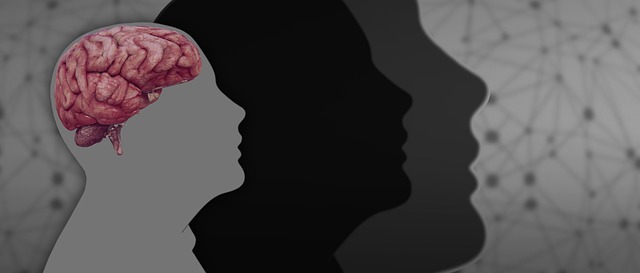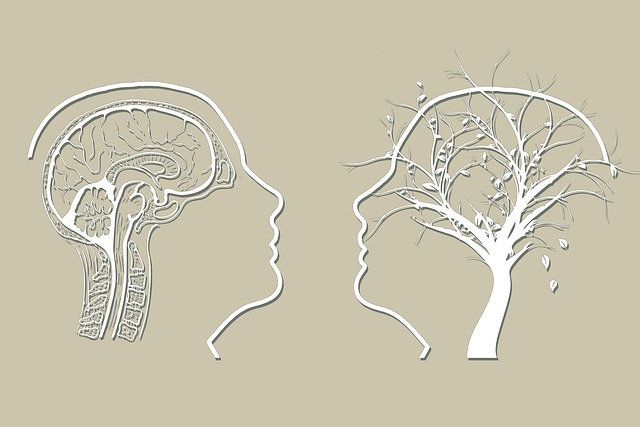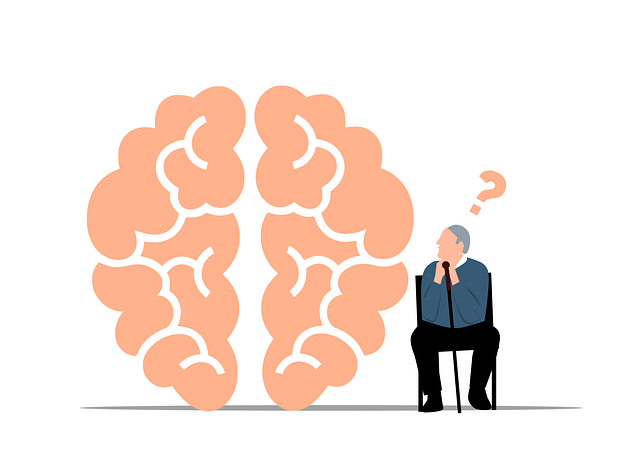Englewood Polyamorous and Open Relationships Therapy (EPORT) offers a unique, stigma-free approach to mental health support, challenging societal norms and promoting understanding for non-monogamous relationships. By fostering open dialogues, compassion cultivation, and communication strategies, EPORT aids individuals in expressing their experiences authentically, leading to improved mental well-being outcomes. Reducing mental illness stigma requires collective efforts, including normalizing mental health discussions, media narratives, educational initiatives, and community support. Global collaborations, local events, and innovative programs like EPORT are crucial steps towards creating an inclusive society where mental health is openly discussed without judgment.
Mental illness stigma remains a significant barrier to treatment and recovery, causing widespread harm. This article explores comprehensive strategies to reduce the stigma surrounding mental health issues, focusing on unique approaches like Englewood Polyamorous and Open Relationships Therapy. We delve into the impact of stigma, everyday actions that can make a difference, the role of media and education, and global efforts driving change. By understanding these aspects, we can foster a more inclusive society where individuals receive support without fear of judgment.
- Understanding the Impact of Stigma on Mental Health
- Englewood Polyamorous and Open Relationships Therapy: A Unique Approach
- Strategies for Reducing Stigma in Everyday Life
- The Role of Media and Education in Stigma Mitigation
- Global Efforts and Future Directions for Stigma Reduction
Understanding the Impact of Stigma on Mental Health

Stigma surrounding mental illness can have severe consequences on an individual’s well-being and recovery journey. When communities lack understanding, it often leads to isolation and a fear of seeking help. Many people struggling with their mental health face judgment, discrimination, or even rejection from their loved ones, which can exacerbate existing symptoms and hinder progress. This internalized stigma may cause individuals to conceal their struggles, avoid treatment, and experience reduced life satisfaction.
Englewood Polyamorous and Open Relationships Therapy, incorporating Compassion Cultivation Practices and Coping Skills Development, offers a unique approach to combating this issue. By fostering open dialogues and promoting understanding, therapists create safe spaces for clients to explore and challenge societal norms. Additionally, Communication Strategies play a vital role in helping individuals express their experiences authentically, reducing the likelihood of stigma-related repercussions. Through these therapeutic methods, people can develop resilience, enhance self-acceptance, and build supportive networks, ultimately improving their mental health outcomes.
Englewood Polyamorous and Open Relationships Therapy: A Unique Approach

Englewood Polyamorous and Open Relationships Therapy (EPORT) offers a unique approach to mental health support by focusing on alternative relationship structures. This therapy provides a safe space for individuals exploring polyamory or open relationships, addressing the specific challenges these dynamics can present. By integrating emotional intelligence into their practice, EPORT helps clients manage anxiety relief and navigate complex emotions that may arise in non-monogamous contexts.
The approach also emphasizes the importance of risk assessment for mental health professionals when working with such diverse relationship models. This ensures a nuanced understanding of clients’ needs and fosters an environment where individuals can openly discuss their experiences without stigma, promoting better mental well-being outcomes.
Strategies for Reducing Stigma in Everyday Life

Reducing stigma around mental illness starts with everyday interactions and self-awareness. Individuals can play a significant role in dismantling societal barriers by fostering open conversations about their own experiences or those they witness. Normalizing discussions about mental health, much like we talk about physical well-being, is a powerful tool. This shift in perspective encourages people to seek help without fear of judgment, including seeking specialized support from therapists who specialize in non-traditional relationships, such as Englewood Polyamorous and Open Relationships Therapy.
Promoting understanding through education and personal narratives can significantly contribute to stigma reduction. Encouraging friends, family, and communities to learn about different mental health conditions and the unique challenges individuals face fosters empathy and breaks down misconceptions. Additionally, practicing self-care routines that support mental wellness, as promoted by many Mental Wellness Coaching Programs, empowers people to take proactive steps towards maintaining their psychological well-being, further normalizing the idea of seeking professional help when needed.
The Role of Media and Education in Stigma Mitigation

The media plays a significant role in shaping public perception and reducing mental illness stigma. By presenting diverse narratives that humanize individuals living with mental health conditions, media platforms can foster empathy building strategies and break down societal barriers. For instance, documentaries and films that explore the experiences of those in the polyamorous and open relationships communities, like those offered by Englewood Polyamorous and Open Relationships Therapy, have the potential to challenge stereotypes and promote understanding. Educational initiatives should accompany these efforts to ensure accurate information spreads widely, empowering individuals to support their peers and seek help without fear of judgment.
Schools, community centers, and online forums can facilitate conversations about mental health, encouraging open dialogue and cultivating inner strength development among participants. Equipping people with knowledge about various conditions, treatment options, and recovery journeys empowers them to be more accepting and supportive. Combining these educational approaches with media representation strengthens mental illness stigma reduction efforts, ultimately leading to a more inclusive and compassionate society.
Global Efforts and Future Directions for Stigma Reduction

Global efforts to reduce stigma surrounding mental illness have gained significant traction in recent years, with many countries implementing initiatives aimed at fostering understanding and empathy. Organizations like the World Health Organization (WHO) have led campaigns that promote early intervention and access to quality care, emphasizing the importance of destigmatization for improving overall public health. These global movements have inspired local communities to take charge, organizing awareness events, educational programs, and support groups tailored to their unique cultural contexts.
Looking ahead, future stigma reduction strategies should focus on continued collaboration between mental health professionals, community leaders, and individuals living with mental illness. Innovative approaches like social skills training and self-esteem improvement programs can empower individuals to challenge societal norms and embrace diverse identities, including polyamorous and open relationships, as valid lifestyle choices. Additionally, risk management planning for mental health professionals should prioritize creating supportive environments where practitioners feel equipped to discuss mental health openly without fear of judgment, thereby contributing to a more inclusive and accepting society.
Mental illness stigma reduction is a multifaceted endeavor that requires concerted efforts from individuals, communities, media, and educational institutions. By understanding the profound impact of stigma on mental health, adopting unique therapeutic approaches like Englewood Polyamorous and Open Relationships Therapy, and implementing everyday strategies to challenge stereotypes, we can create a more inclusive society. The role of media in portraying mental health accurately and educating the public is pivotal, while global collaborations offer promising future directions for stigma reduction. Together, these initiatives can help destigmatize mental illness and foster support systems that enhance well-being worldwide.














